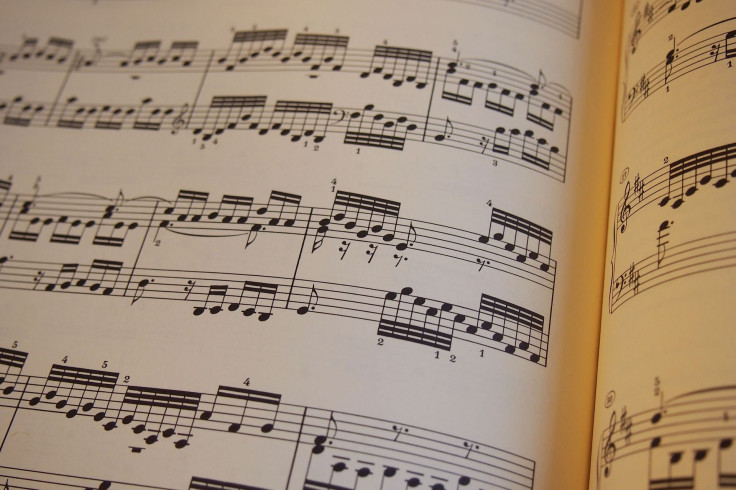Best Music For Creativity Boost: Study Suggests This Classical Piece May Help

Creativity is important in nearly all aspects of life, from business to relationships, so we're constantly looking for tricks to increase this skill, but most of these tricks aren't backed by science. However, a new study has found evidence that listening to “happy music” increases listeners’ creativity, with Vivaldi’s classical concerti Four Seasons winning first place as the most creativity-inspiring selection.
Listening to music likely to make someone happy, known as positive valence, and also high in arousal, helped volunteers come up with more creative solutions than listening to silence, according to the study, published online in PLOS ONE.
“We also tested other musical excerpts that were sad, anxious and calm, and didn’t see this effect,” study co-author Sam Ferguson told New Scientist. “It seems that the type of music present is important, rather than just any music.”
While the exact reason for this creativity boost isn't clear, the team suggest that happy music may help to enhance flexibility in thinking. It doesn't cause people to invent new ideas, rather, it helps them to consider ideas that may not have occurred to them if they were performing a task in silence.
The research was inspired by what is known as the “Mozart effect,” a belief that listening to classical music boosts creativity more than silence alone. While the results didn’t prove that Mozart was the key to unleashing your inner artist, he may help you get a little closer.
For the study, 155 participants completed a questionnaire before being split into experimental groups. Then, they performed various cognitive tasks either while listening to a different mood of music (positive/negative valence and high/low arousal), or complete silence. Results suggested that the combination of positive valence and high arousal, known as “happy music,” was optimal for boosting volunteers' creativity.
The four pieces used, with each representing a different condition, were as follows: Camille Saint-Saen’s Carnival of the Animals:XIII The Swan for "calm"; Vivaldi’s 4 Seasons for "happy"; Samuel Barber’s Adagio for String Op. 11 for "sad"; and Gustav Holst’s The Planets: Mars, Bringer of War for "Anxious."
Of course, happy music is in the eye (or ear) of the beholder, and there is research to suggest that listening to any type of music may be enough. For example, previous studies have poked holes in the Mozart Effect, and found listening to pretty much any type of music boosted creativity as opposed to silence, The Huffington Post reported. Specifically, listening to your favorite type of music, whether it be classical, pop, or even gangsta rap, may help you perform better, even if temporarily.
"The key to it is that you have to enjoy the music," Frankcis Rauscher, who originally explored The Mozart effect in 1993, told NPR. "If you hate Mozart you're not going to find a Mozart Effect. If you love Pearl Jam, you're going to find a Pearl Jam effect."
Source: Ritter SM, Ferguson S. Happy creativity: Listening to happy music facilitates divergent thinking. PLOS one . 2017



























